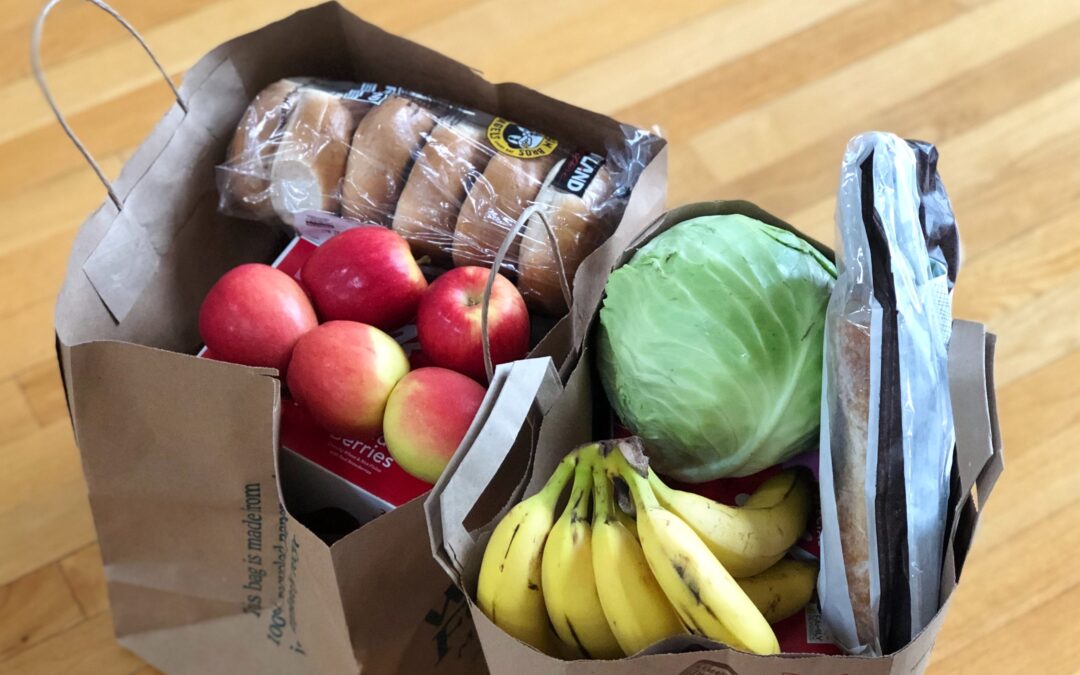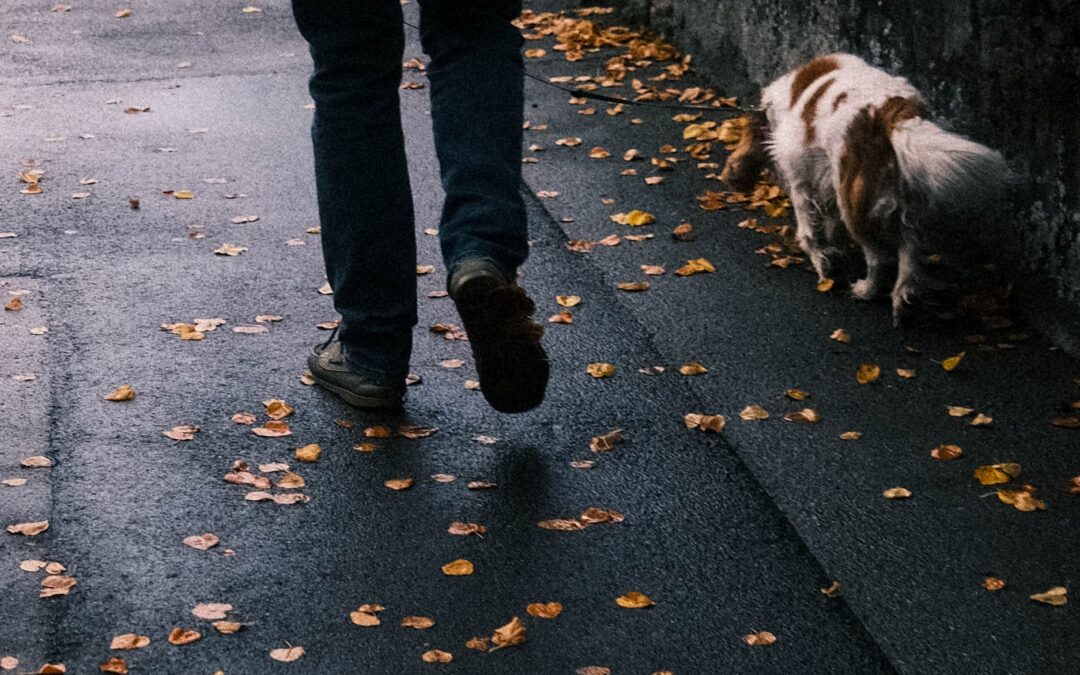Covid-19 saw an outpouring of community-led support in which 9 million ‘volunteers’ stepped forward to help out. As part of our Active Neighbours work, we’ve been interviewing people to uncover the stories behind the statistics. Here, we present James’s story.

Background
James lives with his wife and is semi-retired after selling his retail business, but still works a day or so per week selling board games. He also keeps fit, plays board games, does wine tastings and generally socialises.
James says he doesn’t feel old enough to be retired:
“It’s really nice to do nothing for a few months … and then you start to get quite bored. And if you don’t want to earn money, then you have to find something else to fill your time with, and hobbies only go so far. So it’s a double-edged sword retirement I think. You lose a bit of your reason for being. And that’s where voluntary work has been quite useful.”
Attitudes to British Citizenship
James thinks following the rules is a baseline for good citizenship. Then making some kind of contribution, which could be Mother Teresa style, or just helping in some way, whatever that is. He thinks people do largely follow the rules, but beyond that, he’s not sure about there being good citizenship in the UK.
He also adds that he isn’t representative in terms of volunteering. The people he knows well, other than his wife, don’t really do much.
Life before and during lockdown
In a typical week before Covid James would spend two days per week on hobbies and two days per week on household management, which has expanded to fill his time. Then the weekends were spent socialising. He also spent half a day or so selling games.
When lockdown started James wasn’t in the country. He found the beginning slightly anxiety-inducing. But after those early stages, lockdown was a hindrance but not a disaster or hardship.
After returning it became quite mundane for a while: exercise by Zoom, Tesco at 6am or Lidl at 10pm, lots of walking and a “tremendous amount of television.”
Volunteering before and during Covid
In terms of volunteering, before Covid James spent about one day per week tutoring kids on pupil premium, and one day per month baking cakes for a local ancient monument.
When lockdown struck he signed up to the NHS Volunteer programme but doesn’t know what happened to it. Other than that he was searching for opportunities for a while.
He eventually signed up to a service shopping for vulnerable people. His activity varied in terms of hours, as you can do what you like. But he’d estimate up to one day per week. It is currently down to half a day, but he may increase it again.
He has also been volunteering at an organisation that cooks meals for shielders and key workers. He was doing two days per week in the kitchen, as he likes food, but he’s not doing that right now as he’s nervous due to Covid. He is still doing a bit of virtual admin, though.
He did almost volunteer at a food bank, but a friend told him their safety practices weren’t great, so he decided not to.
Other than that he’s also been doing a bit of spreadsheet analysis for a slow-traffic-neighbourhood campaign
The food delivery and kitchen work have both been smooth – he wouldn’t really change anything. The shopping has been well organised, and the cooking was more of an “adventure”, which has been fun.
Feeling of pride
James says he feels really good about his contributions. He recalls a famous poster:
”There’s a famous cartoon, which was a propaganda cartoon from WW2. And it’s a picture of a middle-aged guy with his brill-creamed hair with his son on his lap, and his son says to the guy, ‘Daddy what did you do in the war’? And the guy is looking into the distance and you know full well he didn’t volunteer.”
The flipside, James says, is you feel you’re doing something. He feels lucky to have been able to help given the real need. He continues on this feeling:
“Not patriotism, but I think society is under stress at the moment. I don’t think the government, whatever your view on this particular government, is necessarily capable of meeting all needs. So it’s quite nice to have a purpose to do stuff when you can see an overwhelming need for it. So yes, a massive sense of fulfilment. And I think as I’d alluded to before that when I’d retired I felt I needed something to do. But it’s been great because I’ve met more people in the neighbourhood, working in the kitchen I’ve met some great people – learned much more about food! So generally I’ve enjoyed both experiences a lot.”
James hasn’t really felt like this about his previous volunteering. This time he feels less begrudging. That ‘blitz spirit’ is a big reason, he thinks, as well as luck of the draw in picking good opportunities. This experience has changed his view of volunteering. He now sees the need more clearly and isn’t as interest-driven in his approach.
New relationships and a sense of place
New relationships have been another major benefit – especially through shopping for shielders. He’s met new people he and his wife would never have met, and thinks they’ll continue to be neighbours and maybe friends. This includes people from different parts of the community, ethnically and in terms of class. Although his city is a very multicultural place, James says it is easy to live in bubbles.
These relationships, and the stronger sense of place they have helped develop, have been really helpful given he’s relatively new to the area. Seeing the local community and the connectedness in this way has been fantastic.
Learning about the local area has also, in turn, made him more motivated around volunteering. He was a “bit of a begrudging volunteer before,” but having met people who live 100 yards away and on a £10 per week food budget, his stance has changed. He’s more motivated to continue “helping poorer people in society.”
Challenges
The only particular challenge James outlines, other than health risks, is that it wasn’t easy to find volunteering opportunities that would be a good fit. He says the council now sends a newsletter with opportunities, which he thinks is a really good idea – one that has suffered from cuts in the past.
Looking to the future
James hasn’t fully mapped out his ideal volunteering life beyond Covid, but he does know he wants to spend a good percentage of his time – two to three days per week.
He generally likes practical stuff – hands-on activities based on clear need. This differs from stuff like business strategy he’s done in the past. He has realised he’s not interested in volunteering that involves “thinking”!
This story sits within our Active Neighbours work. To find out more about the different types of Covid volunteer, their motivations, experiences and needs, take a look at our Field Guide.
Read more

Active Neighbours – Anna
“In the past I’ve done very much paper-based volunteering, because I guess that’s where my skills lie – but maybe I’ve realised that I quite enjoy meeting people and having that interaction. In particular, I think I’ve enjoyed meeting people that are outside my social circle – because you know, we’re all guilty of having our own little group […], so seeing that people have very different lives – not better or worse, just different, you know – I think has been really interesting for me.”

Active Neighbours – Brianne
“So it’s just the connections that have been made, the nice people and the people who have really needed the help that I’ve met. And just seeing everyone come together. I’ve always thought this area has a great sense of community, but this has shown it even more. And it’s shown the people that don’t normally have the time to give to this community – they’ve gone ‘here you go’.”
